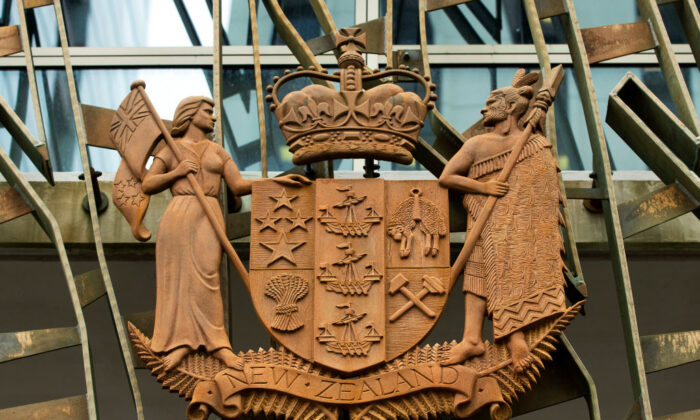OPINION
The Doctor
There are three systems of jurisprudence in the world. The civil system used in Europe, south and Central America and various other countries that have Spain, Portugal, France and Italy as colonial powers in their past. The second is Islamic based law used in Islamic countries.[i] The third is the English common law system used in UK, Ireland, USA, Canada, Australia, India, South Africa, New Zealand and other former colonies of England.
Under the common law, English judges made decisions based on the bible and the customs of the English. Each decision became a precedent which bound judges to make the same decision for all similar cases in the future. Of course, what counts as a similar case is open to opinion. Such is the richness of the common law.
English subjects had absolute ownership of personal property[ii]. And this absolute ownership could lead to injustice if property is held by one man for the benefit of another. The holder can sell the property, depriving the beneficiary. And there is no penalty under the common law because the holder is the legal owner.
To remedy this injustice, a separate court was developed in England parallel to the common law courts called the Chancery. The Chancery dealt with property that was held in trust for another. This branch of law for trusts is called equity and is higher than the common law[iii].
A trust consists of three roles. The first is the Grantor or Settlor who gives the property to another party called the Trustee. The Trustee is trusted to hold and maintain the property for the benefit of the third party called the beneficiary. Trusts can be formed by a document, this is called an express trust, or by the operation of the law called an implied or constructive trust. Crucially, once a trust is formed, it is secret from the beneficiary.
This combination of common law and equity confers extremely strong property rights on English subjects.
But suppose you are an international banker who aims to control all money[iv]. Such strong property rights are a big barrier to being able take people’s money and ultimately their property.
But what if you could somehow use the power of the trust against the English subject rather than for him? Suppose you secretly placed all his property in a trust for which you were trustee. This would be relatively easy since you could create a constructive trust and then the trust would be secret from the beneficiaries.
You would need to blunt the power of the Chancery so that if people found out about this secret trust, they could not get their property back easily. This was done first by merging the Chancery into the High Court in England via the Judicature Act 1875. Then, you would dumb down legal education so that even lawyers would have a rudimentary and misleading view of equity[v]. Finally, you would change the meaning of the word “equity” to mean Marxist social justice, clouding its important history.
These changes mean that the true ownership of property in common law countries could secretly become analogous to how property is owned under the civil system leading to a harmonised global system.
You see, the civil system is Roman law. It was reworked first by the Roman Catholic church and then by Napoleon to create the so-called Napoleonic code. The Catholic dogma is that all property (including men’s bodies) belongs to the church as Christ’s representative on Earth. Priests are expected to act honestly and fairly (equitably) toward the holders of the property; something that did not always happen in history.
Nevertheless, I think that either by ecclesiastical law in civil countries or by equity in common law countries, the bankers have been able to secretly take ownership of all property worldwide.
Fortunately, in New Zealand, we are the beneficiaries of a trust. The property is supposed to be held for our benefit. To not do so is a breach of trust. But we can only enforce our rights if we know our true status and we claim our rights in equity and not in statute or the common law.
But there is yet one more twist. Next time we will need to learn the difference between persons and people. Through it the deception was made complete.
[i] We can safely ignore Islamic law as autocratic. The law is what the Imams say it is. Thus, property is effectively controlled by the Imams.
[ii] Not land but that is a topic for another day.
[iii] See for example Senior Courts Act 2016 section 180.
[iv] See my previous article on The Reserve Bank
[v] I had to go back to a book from 1910 to get a complete picture of equity.
Sources:
Equity, Also the Forms of Action at Common Law, Frederic Willaim Maitland, 1910 reprinted by HardPress
The Common Law, Oliver Wendell Holmes Jr, 1991 Dover Publications
Who is the Government, Ewan Campbell, whoisthegovernment.com

